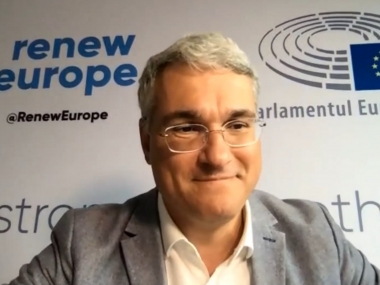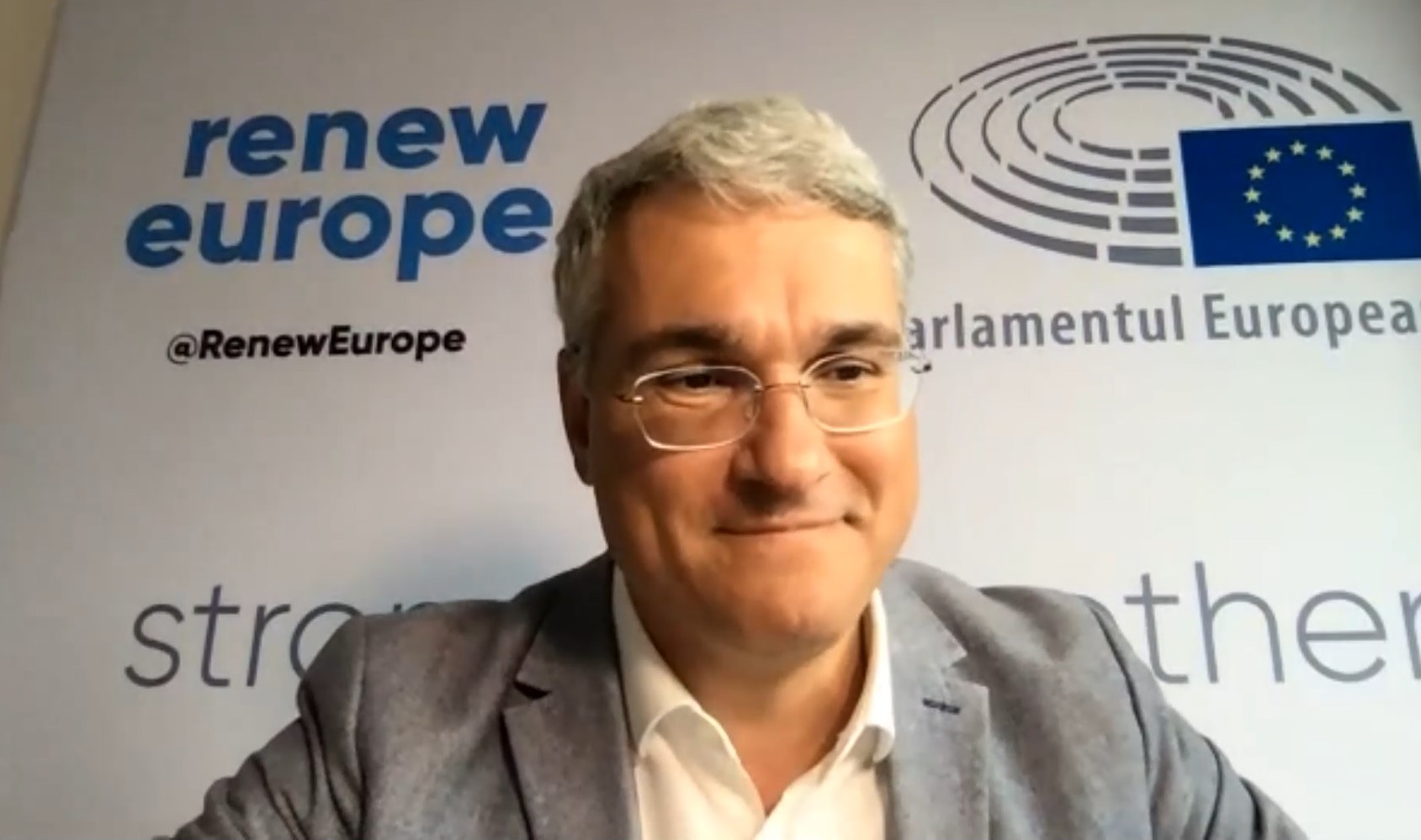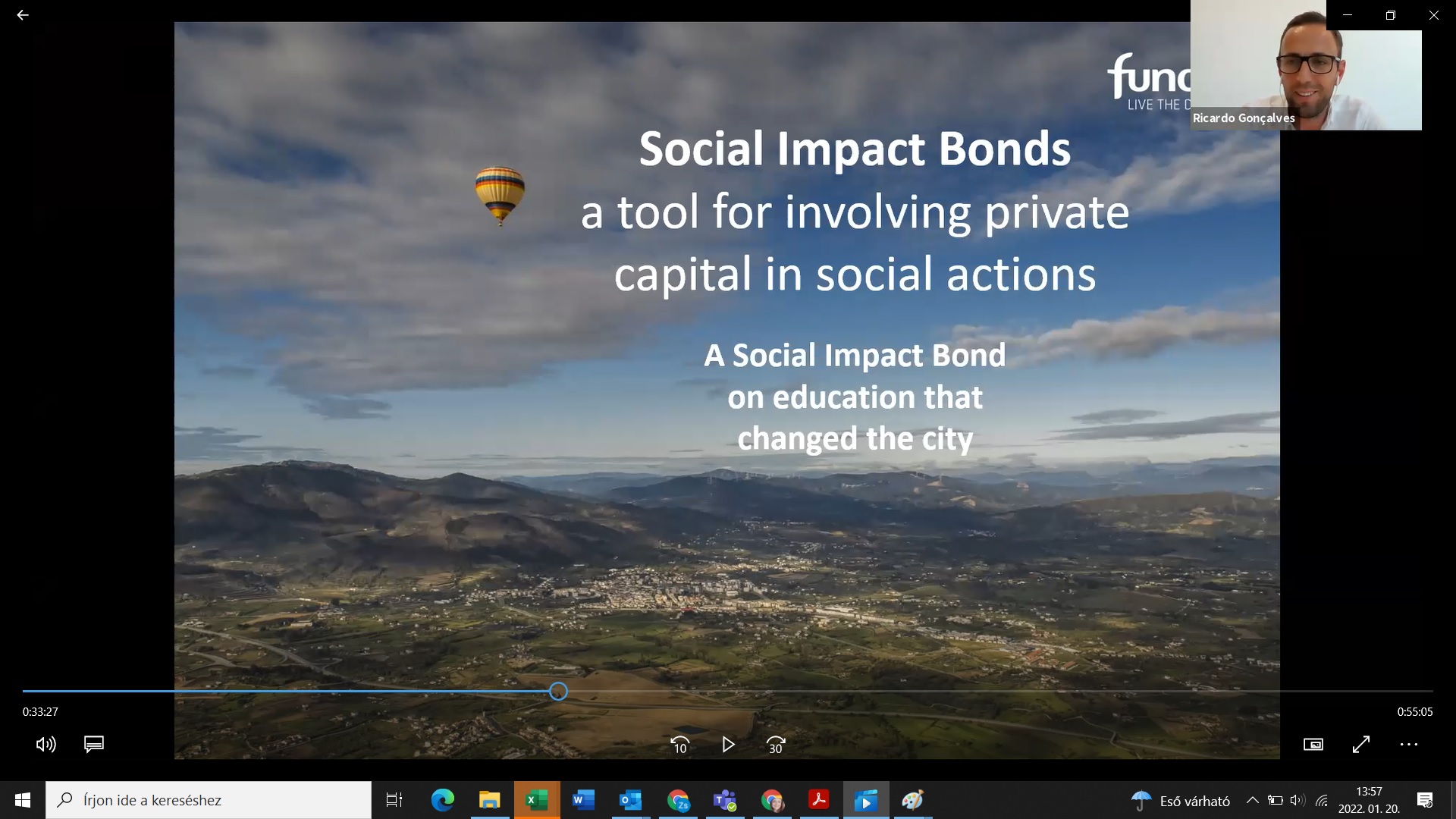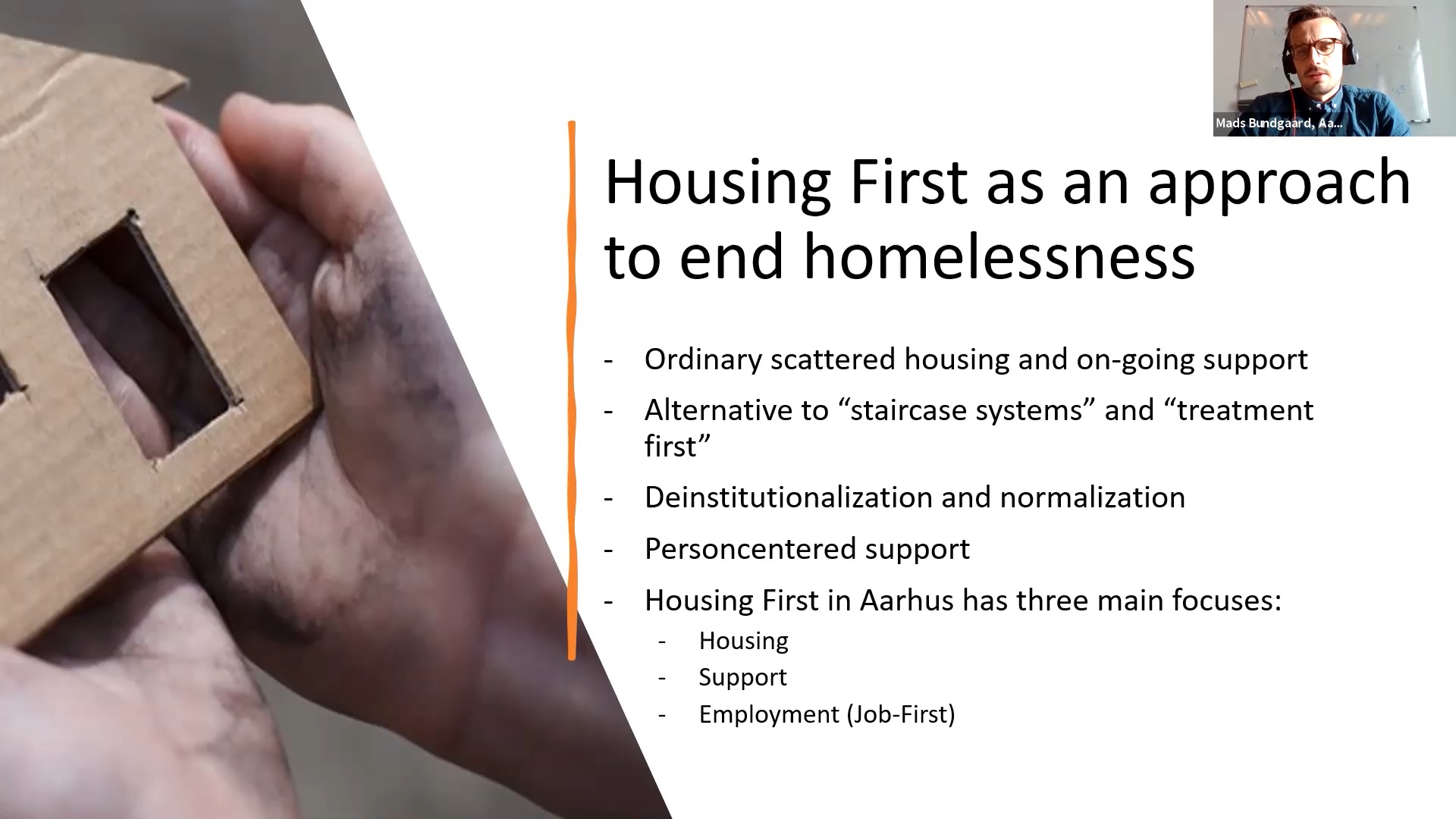SIBdev at the 19th European Week of Regions
Edited on
07 September 2022As a side event of the 19th European Week of Regions and Cities, SIBdev Network has organized an online info session on 12th October 2021, coordinated by its partner city Baia Mare. The aim of the event was to share knowledge on EU level about the concept of social investment bonds (SIBs) and to showcase two best practices from partner cities in two different areas of social policy: the SIB model for education and employment in Fundão, Portugal and the SIB for mitigating youth homelessness in Aarhus, Denmark.


The meeting started with the presentation of Mr Dragos Pislaru, Member of European Parliament of Romania (Committee on Employment and Social Affairs & Committee on Economic and Monetary Affairs) who put the topic in a broader context by pointing out the role of SIBs in European Cohesion Policy. Mr Pislaru outlined that the discussion on social investments is an important part of European policy since the Lisbon Strategy of 2000 and is getting more and more emphasis due to the increasing needs of socially vulnerable groups, who are also strongly affected by the Covid-19 pandemic. Social problems appear first on national levels, where long-term solutions are strongly hindered by political short-termism and present a complexity that can only be handled by innovative solutions and the change of mindsets. More investment in people is needed that can only be realized by providing more room for private investors while keeping the risk-sharing role of public institutions. These needs bring discussions on SIBs to the forefront. Mr Pislaru has added that the European Commission is working on multiple layers on SIBs and considering the introduction of new financial instruments in the near future.

The programme continued with a presentation on the first good practice from Portugal: Academia de Cogido Bootcamp by Ricardo Gonçalves, Coordinator of the Innovation and Investment Office in Fundão Municipality. Fundão, the city with around 26.000 inhabitants has seen a serious loss of population and a high unemployment rate, especially within young people in the past decades. These issues could only be solved by a focused strategy of job creation and the development of an innovation friendly ecosystem. The Municipality of Fundão has created turnkey solutions for investors and employees called LivingLab that promotes the unique local lifestyle by identifying inspiring places and making them available to new companies. Within the programme, a multipurpose building was converted to a business centre that later received RegioStars 2018 award as the best project executed with Europen funds. The programme’s success was also shown by the appearance of 14 new ICT companies in the city. However, a serious challenge still had to be solved: finding skilled workforce for the newcomer firms on the long term. Within the framework of the first SIB in Portugal, an innovative idea was realized that bridged the gap between unemployed youth and ICT companies: Code Academy Bootcamps. The Bootcamp, implemented by a private startup, Code for All offers a unique training programme that qualifies participants as software developers in only 14 weeks. The results of the Bootcamp are amazing: so far 174 people were involved with a success rate of 95% and an average entry salary of 887 euros. The positive results are also experienced by investors who received reimbursement based on employment and also by the Municipality of Fundão which could significantly reduce its expenditures on unemployment with SIB (from 15.800 to 3.700 euros/person).

After the Fundão success story, a Danish example was presented by Mads Bundgaard, economic consultant in the Department of Social Affairs and Employment in Aarhus Municipality: the „Housing first” initiatives of the city. Aarhus is different from Fundão in many aspects: it is the second largest city of Denmark with a strong college presence, making it a real young city in growth. What connects the two cities is the involvement of SIB in social policy, which in case of Aarhus was realized in the area of youth homelessness. In the framework of the first initiative, called „The Harbour”, former shelters were converted to real apartments for youngsters from the most vulnerable groups, dealing with the risk of homelessness and psychiatric diseases at the same time. The second initiative „Home, Job, and ’the Whole’ was designed for less vulnerable groups exposed to the risk of homelessness. Within this programme beneficiaries were provided with housing and also a job within 3 months. Both initiatives were following the „housing first” concept, a special intervention logic that deals with multiple problems at the same time: housing, mental health and employment. The speciality of the Danish SIB was the extent of public involvement: housing initiatives were financed by two public institutions and a philanthropic fund who were paid back on a 5-year term, based on results in the cut of accommodation and unemployment costs and the increase in self efficiency. The consequences, as outlined by Mr Bundgaard is that SIBs are good opportunity as a supplement of public spending, however they do not fit all projects.
 Submitted by Nora Kebel on
Submitted by Nora Kebel on
